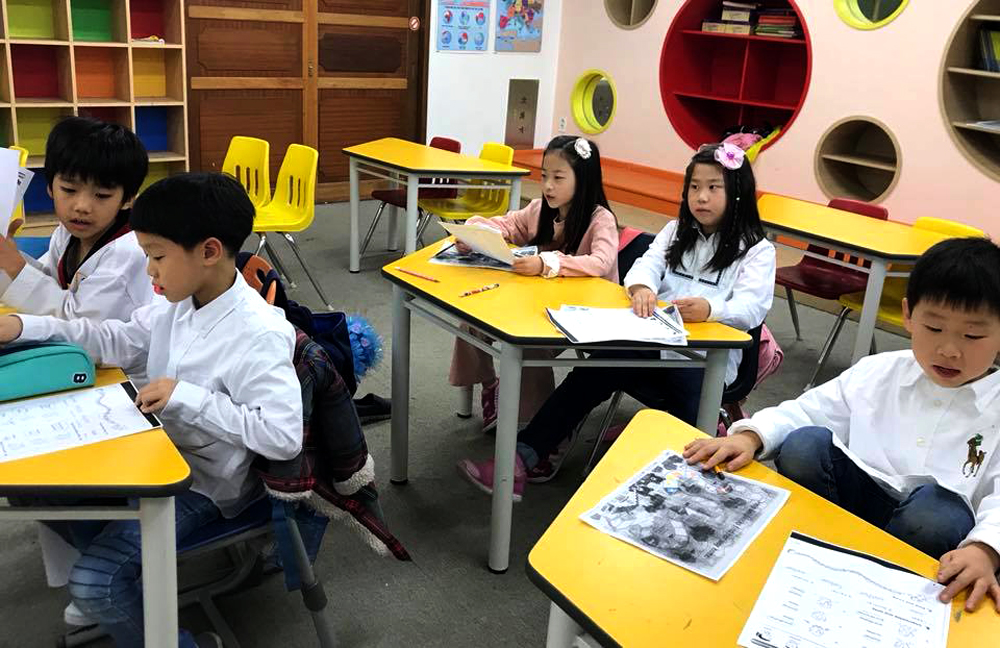“There’s a generalist approach to primary education that says subject expertise isn’t really important, that the general level of content knowledge that most adults have is enough to prepare them to be elementary school teachers, but no high achieving country would agree.”
Ben Jensen, researcher at National Center on Education and the Economy

Image via Iowa Dept. of Cultural Affairs
I ran across this piece while researching Finland’s educational system for the last post and it was too good to pass by.
The subject of the piece was Marc Tucker, president of the National Center on Education and the Economy (NCEE), a policy institute that studies what America can learn from the world’s best-performing education systems. His job is to see how other, successful countries are educating their children and recommend changes to the U.S. system. And what he wants to see are changes in the way we recruit and educate teachers.
He makes some assertions that I couldn’t substantiate, such as stating that we recruit teachers from the bottom half of college graduating classes. I googled this several different ways, and finally found an article that rather thoroughly criticized this assessment and its methodologies. It seems that this assertion is from an old study (2002) of old data (from 1997) and employed test scores from when the people studied were in high school (which would put it in about 1992 or even earlier). So I think this assertion is at the very least outdated and at worst completely misleading. So Tucker is starting with the (possibly incorrect) assumption that those who are entering teaching are already mostly substandard.
His real issue, though, is with elementary teachers as generalists. In Tucker’s view, a generalist lacks the deep conceptual knowledge necessary to teach children effectively. What he would like to see is teachers trained in highly specific content: 4th grade fractions, say, or 1st grade subtraction. This, he contends, is how the most successful systems do it: they give their teachers a rich understanding of the content that the teachers can then pass on to the students. Here I may be in at least partial agreement with his assessment: I’ve seen elementary teachers who didn’t deeply understand Science or Math — or even Social Studies — to the extent that they could find multiple ways of presenting content to students at a deep level or connecting concepts in ways that promote a more thorough understanding. BUT departmentalizing content carries its own dangers, namely teachers who are too quick to say, “that’s not my area and therefore not my problem.” This is a perennial problem at the secondary level; I would hate to see it filter down to the elementary grades with the result that no one “owns” the students.
A report issued by Tucker’s organization agrees. The report calls for 4 major shifts in teacher recruitment and training:
- Make teaching programs more selective and harder to get into;
- Require teachers in elementary to specialize like secondary teachers, a practice that is common in other high-achieving countries;
- Teach the teachers deeply the content they will teach; and
- Structure professional learning communities so that experienced teachers train newer teachers for the first few years of their careers.
Interestingly, a representative of the American Association of Colleges for Teacher Education, while deploring the tone of the report, agrees with the general premise that something is lacking in our teacher training programs and it’s not the intelligence of the teachers it produces. She also mentions that they are beginning to see districts that want documentation of a candidate’s ability to teach. I know teacher training has moved on from its early roots, but it does make me wonder if the iconic one-room schoolhouse model with the teacher as supreme generalist is still influencing our expectations of elementary education to an unhealthy degree.
